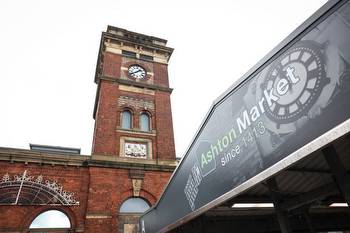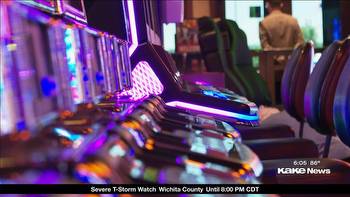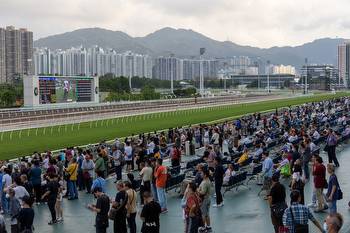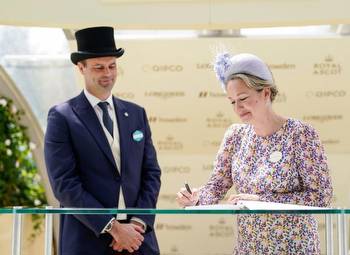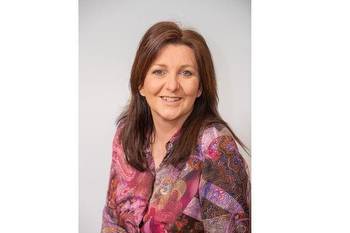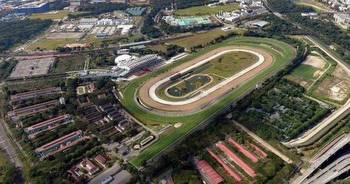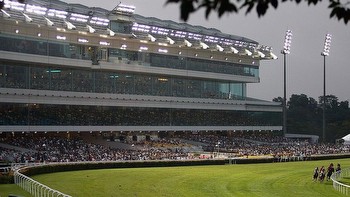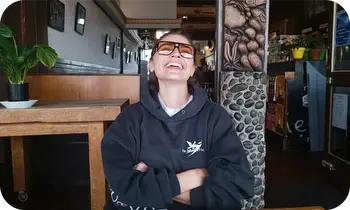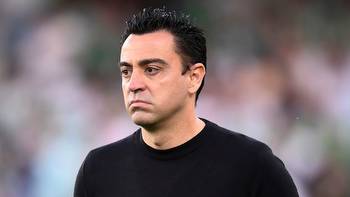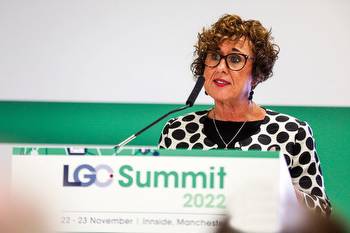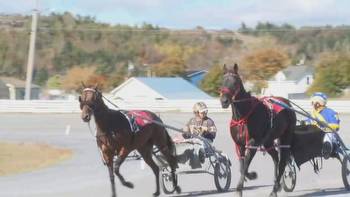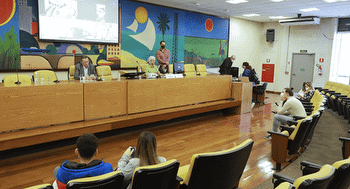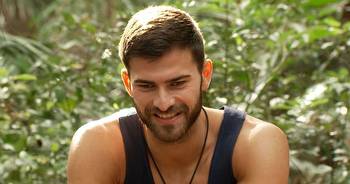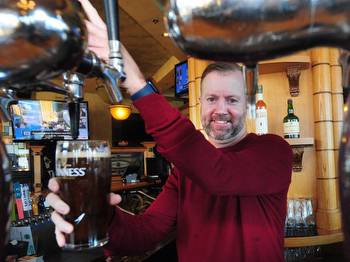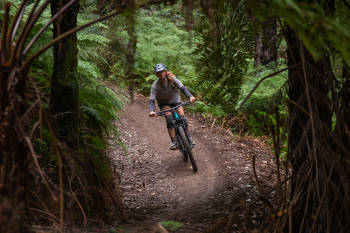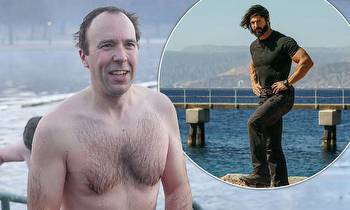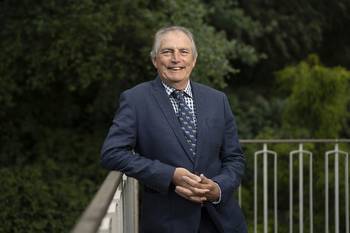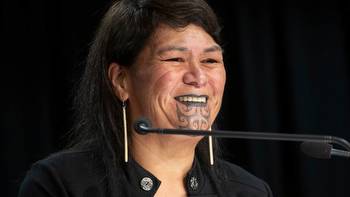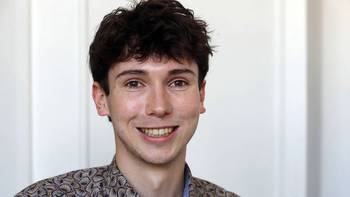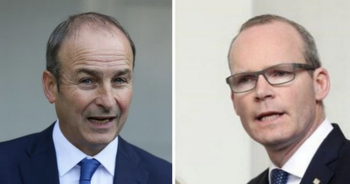Four councillors say goodbye to the Wellington City Council chambers
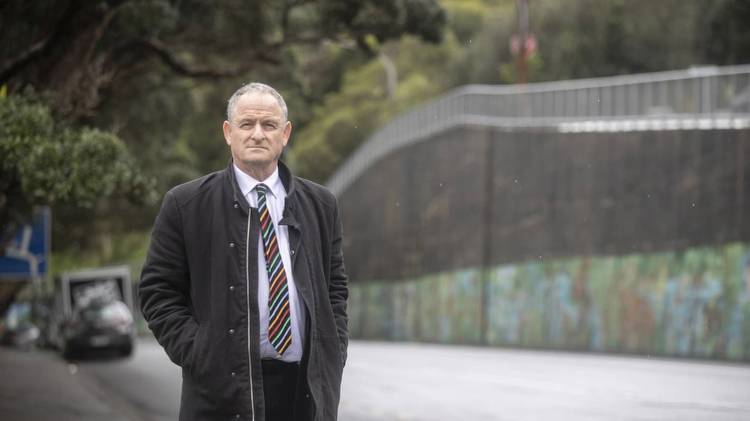
The councillors’ last big decision on Thursday afternoon was to grant funding towards the Wellington City Mission’s Whakamaru transitional housing project.
The departing councillors – Jill Day, Fleur Fitzsimons, Sean Rush, and Simon Woolf – gave speeches to mark their last meeting and conclude a tumultuous term for the council.
Woolf, who has been on the council for nine years, thanked the voters in the Wharangi/Onslow-Western ward and said the council’s current executive team was the best he’d ever seen.
He spoke about the highlights and lowlights of his time on the council, which ranged from saving the Citizens Advice Bureau to deciding on the new convention centre.
“The best piece of work I’ve seen on council was the Outer Green Belt (Management) Plan ... The worst was the Island Bay cycleway. It’s still incomplete.”
He described the new Tākina convention centre as a project which will be “phenomenal” for Wellington.
“Moving forward, we need to prioritise our economy,” he said.
Woolf is running for a seat on the Greater Wellington Regional Council, but said he hoped his future would hold and more refereeing.
Jill Day was elected to the Takapū/Northern ward in 2016, after being encouraged to stand by Justin Lester – in November she will start a new job as Labour Party president.
She said she was inspired to stand by “the very real experiences families I knew were having”, including young children who missed school because of respiratory illnesses caused by black mould.
Day succeeded in increasing the use of te reo Māori on council as well as encouraging the council to improve relationships with mana whenua.
“The Te Tiriti relationship is no longer a compliance exercise,” she said. She pointed to the new Mahau Māori language app launched by the council as a “true act of partnership”.
Fleur Fitzsimons was elected to the Paekawakawa/Southern ward in a by-election in 2017. She spoke about significant moments during her time and said it was a “genuine privilege” to serve her ward.
She said that during her term, it had become clear that local government had failed over the past 30 years in terms of enabling housing, investing in water, and taking climate change seriously. “Government reform and amalgamation is part of the solution.”
Fitzsimons also cautioned that the councillors were not just a “rubber stamp”.
“It is the residents we take our instructions from, and if that puts us at odds with the executive team or our colleagues, that is not dysfunction, it is democracy.”
Sean Rush joined the council in 2019. He said it had been “a journey of learning, of understanding, of respecting other people’s perspectives” and he had succeeded at getting out of his “echo chamber of energy lawyers and rugby mates”.
Covid had brought the councillors closer together as they discussed tough financial decisions, he said. “It might have been Stockholm syndrome but during Covid I really started to bond with you guys.”
But after a bowel cancer diagnosis and chemotherapy earlier in the year, he’d realised he needed to step back and focus on family.
“I got to a point where I thought I don’t think I’m really enjoying this. It affects your family. I’d lost that fun guy that my wife married.”
Going forward, Rush has spoken of his plans to establish a “city watchdog” for Wellington.


